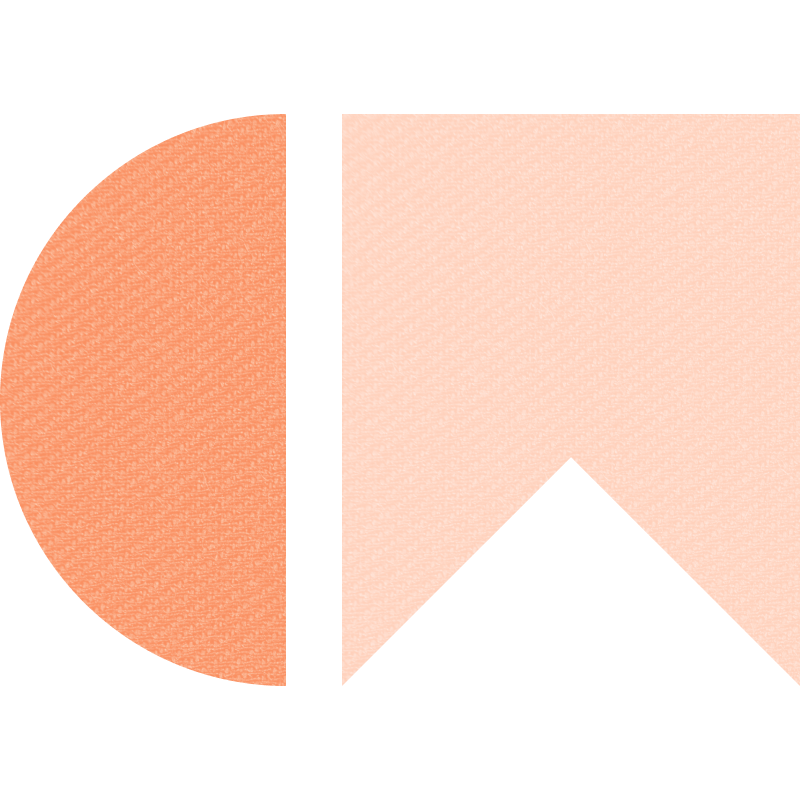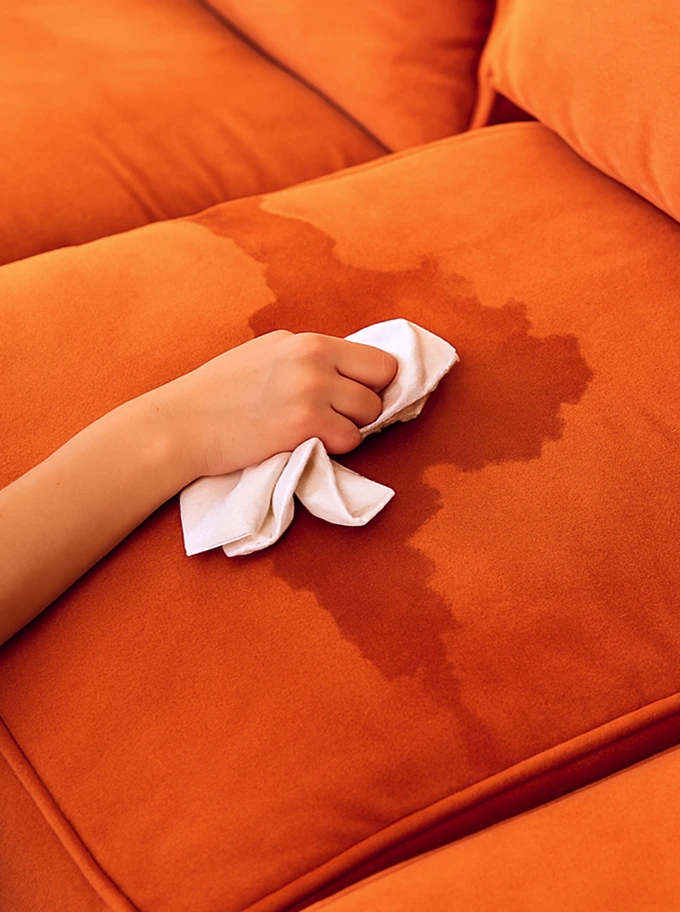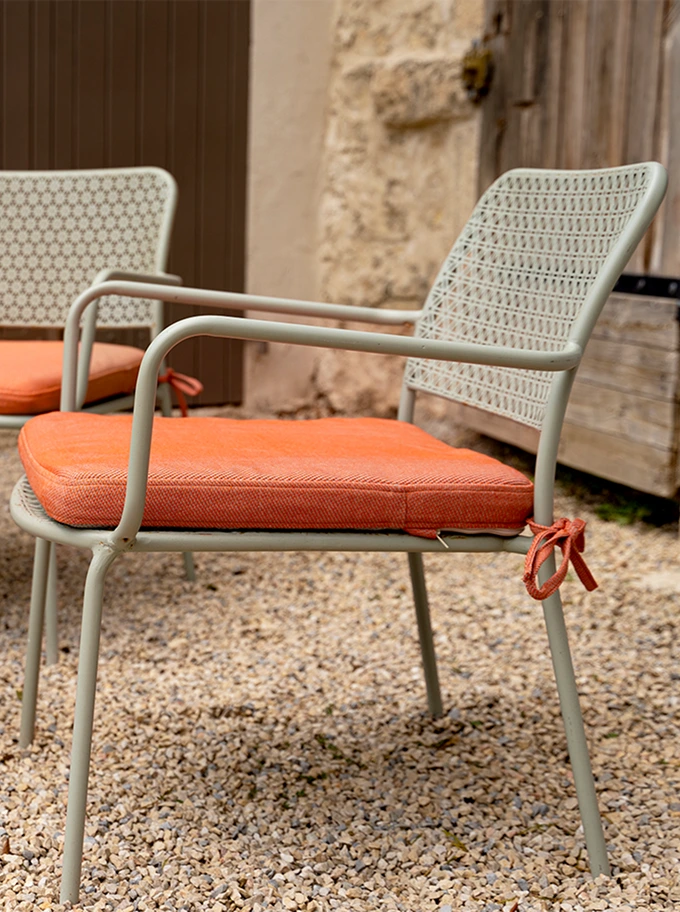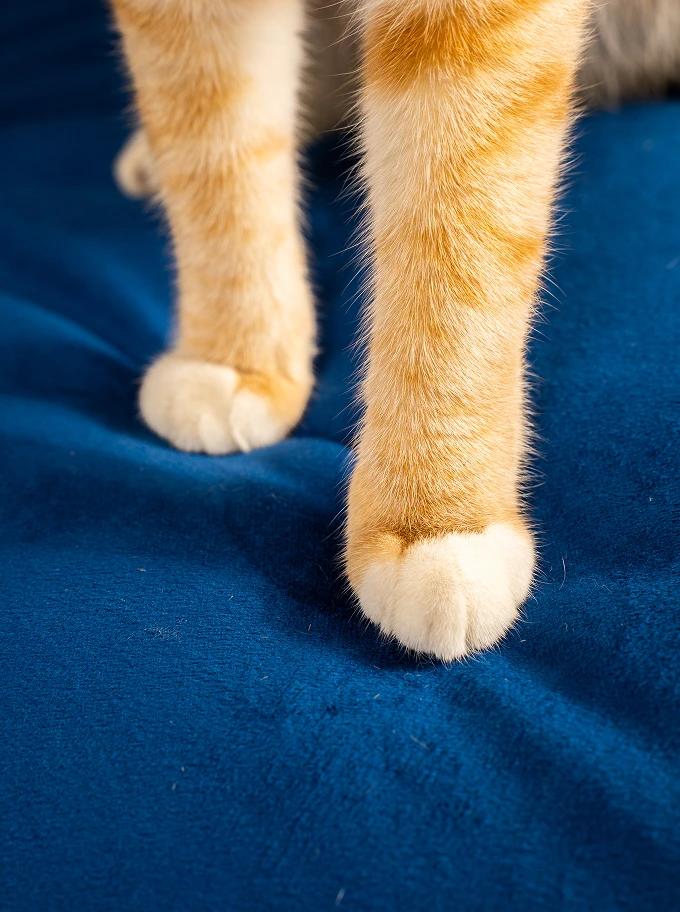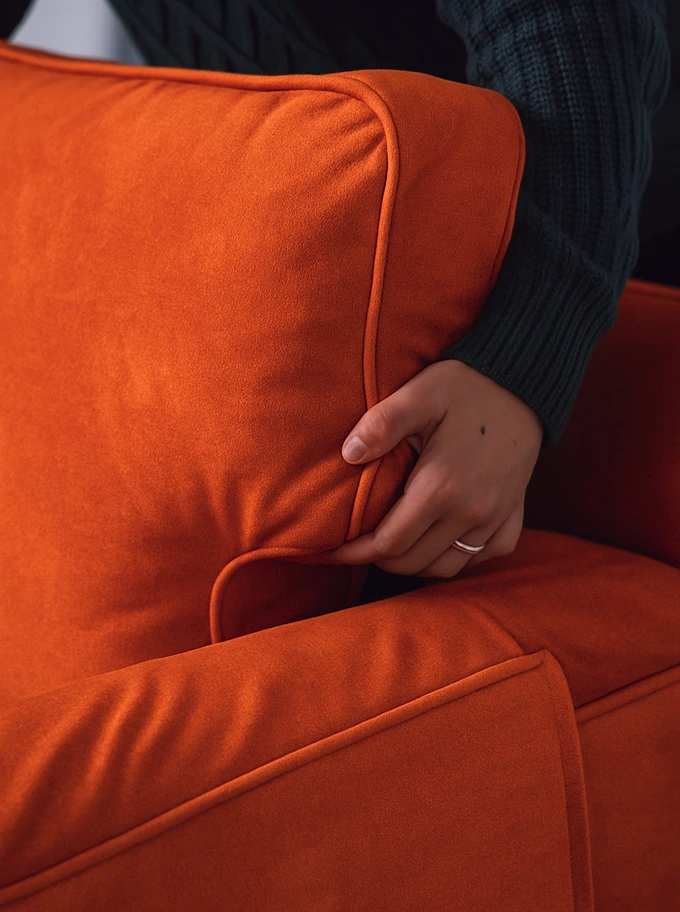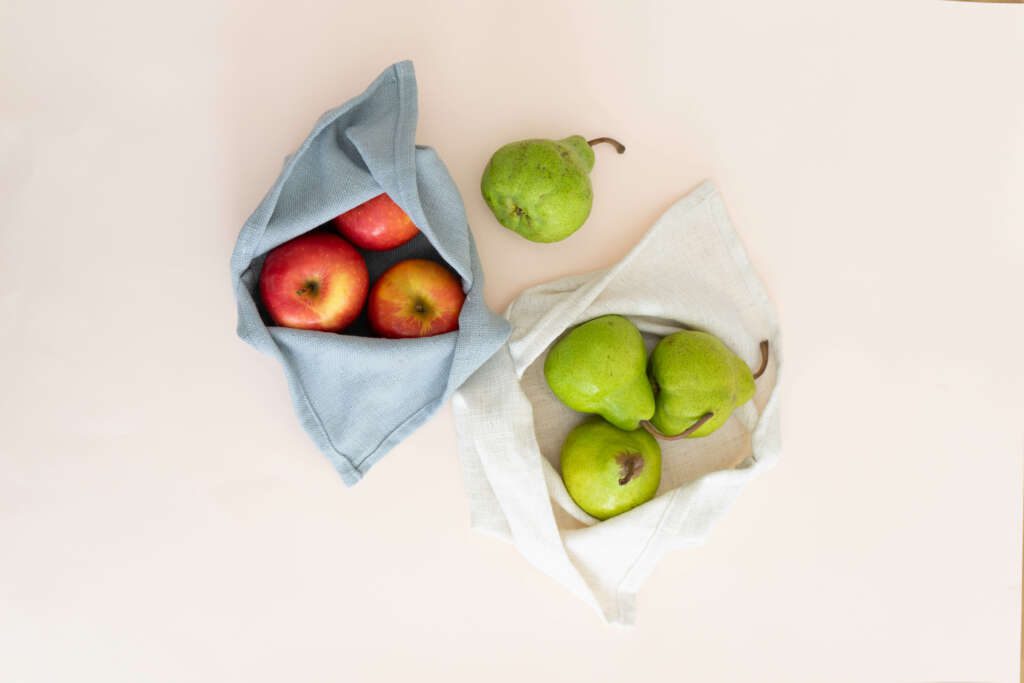
Zero waste doesn’t mean having to become a vegan or trade all your worldly possessions for a hut in the woods to be kinder to mother nature in your daily routine.
Alongside our efforts to go zero waste, we thought we’d show you how and where to start doing the same right at home.
All it takes to begin with, are these 10 simple steps.
1. Use energy-saving bulbs
Lightbulb c/o Nick de ParteeYes, these will cost you $10-$20 more than your regular, incandescent light bulbs upfront, but they also use 5-10 times less energy and last 10 times longer in comparison, which translates into massive savings on your electricity bill and less waste sent to your local landfill.
2. Recycle your trash
“Recycle bin” c/o aSilvaBy sorting out your paper, glass, metals, batteries, and broken appliances before you have them taken away, you’ll be making it a whole lot easier for the folks are your local recycling facility to do what they have to do: Minimize your trash – Go zero waste.
3. Ditch paper towels for reusable ones
Reusable tea towels c/o Susan FitzgeraldThe next time you feel tempted to reach for that roll of paper towels to clean a spill or spot of kitchen goo, consider this: It takes 17 trees and 20,000 gallons of water to make a ton of paper towels. A more earth-friendly solution? Microfibre towels, which you can toss in the wash after you’re done and reuse over and over again.
4. Say “No” to packaging
Grocery sack c/o UnverpacktIf you’re the designated buyer of groceries and everyday essentials in your home, you’ll know just how much waste each shopping trip creates. Out of the 1.4 billion pounds of waste that ends up in U.S landfills every day, 40% is made up of packaging that’s used just once. To cut down on the amount of packaging you consume, try shopping the way our grandparents used to: Packaging-free.
5. Waste less food
cost of wasted food c/o of savethefood.comA great side-effect of shopping package-free: You’ll buy only what you need, which means less food going bad and ending up in the trash. Why is this important? Besides your hard-earned cash going into the trash, uneaten food that gets tossed, rot, generating heat-trapping methane into our atmosphere. Here are some zero wasteideas on how to use leftovers in the fridge instead of letting them go to waste.
6. Compost your food scraps
Food scrap compost c/o MalloreighRather than let your uneaten food and food scraps rot in a landfill, turn them into nutrient-rich food for the soil in your garden and its inhabitants by mixing them with the right ingredients under the right conditions. Learn how to start composting your food scrap here.
7. Make your own cleaning supplies
Homemade cleaning suppliers c/o Kolya NaturalsBesides being easier on your wallet—most DIY cleaners cost less than $1 to make in comparison to about $15 per store-bought bottle of cleaner)—homemade cleaning supplies are also much safer for you and your family. Making your own for the first time? Get going with these recipes.
8. Upcycle your old furniture
Comfort Works Muji sofa covers in Kino WillowGot a chair, sofa or table you’re thinking of throwing out? Don’t. Consider breathing new life into it with a fun hack. You’d be surprised at what a big difference a new coat of paint, legs or a custom slipcover can make. Plus, ‘renewing’ your old furniture will cost considerably less than buying new ones.
9. Say “Yes” to reusable food wrappers
Reusable food cover c/o Eco Parents AustraliaIf you’re using plastic cling wrap to store your food, it’s definitely ending up in a landfill. And considering that it takes up to 500 years for it to break down once it gets there, it’s worth rethinking its place in your home. Consider swapping your cling wrap for reusable food wraps (which you can easily buy or make at home).
10. Make your own reusable bags
Got old clothing or linens that you haven’t used in years, lying around? Instead of designating them to the trash pile, put the fabric to work by upcycling them into reusable bento, knot and drawstring bags that you can use for shopping and storing your everyday essentials.
To get started, download our free tutorials here.
Want to start minimising waste and lead a more trash-free life? Join us on our zero waste journey here!









